IM 2016 – adepti na pódium
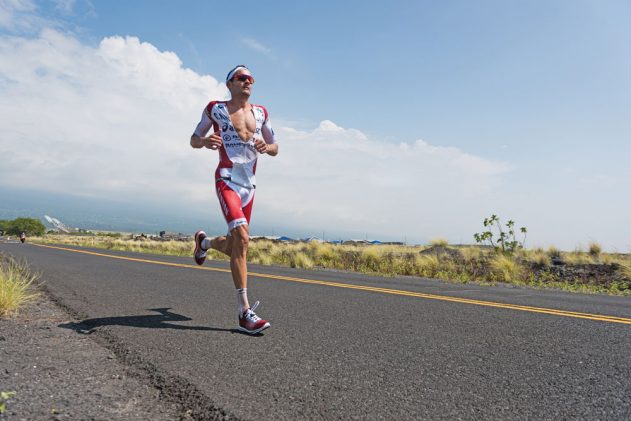
Jan Frodeno (GER)
Even though the last successful male title defense in Kona by Australia’s Craig Alexander dates back to 2009, the 2015 Ironman world champion is the hands-down favorite this year. “Frodo” is among the very best in each discipline (and just set a new world standard at the distance at Challenge Roth), and this allows him to be very flexible with his race strategy. He could win the race from the front (as he did at the 2015 Ironman European Championship in Frankfurt and in Roth), but he could also ride with the front group and then unleash his superior run like he did in last year’s race.
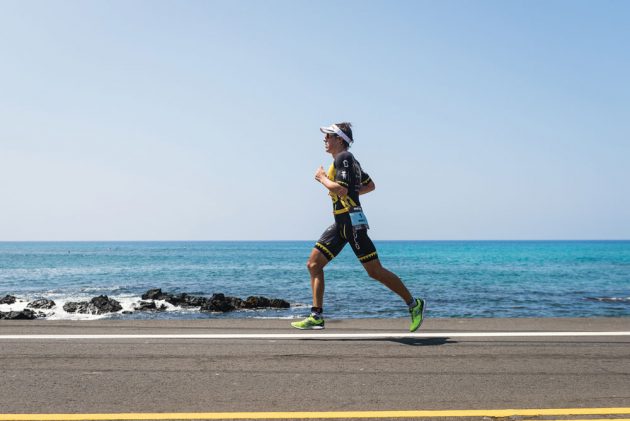
Sebastian Kienle (GER)
The 2014 champion wasn’t happy with his 2015 season and eighth-place finish in Kona, and he’s had a lot of time to work on getting back on top. His summer Ironman in Frankfurt showed his progress: He quickly rode up to the front group on the bike, but also had enough trust in his run to not waste too much energy by trying to break away. His 2:44 marathon was a PR by more than five minutes—this run breakthrough will allow him to be a bit more patient on the bike in Kona. Frodeno will be tough to beat, but Kienle will exploit any weakness his friend and biggest opponent might reveal on the day.
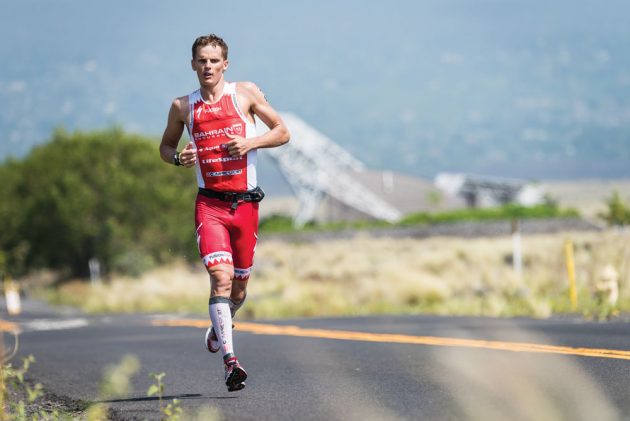
Brent McMahon (CAN)
McMahon continues to impress over the iron distance: Outside of his ninth place (8:29) in Kona 2015, he has consistently finished sub-8 hours or very close to it. Last year a podium finish was within his grasp after finishing the bike with the first chase group, but a 3:06 marathon wasn’t good enough on the day. He’ll look to improve his Kona run—a 2:42 marathon in Brazil on the way to one of the fastest-ever Ironman finishes showed his potential. McMahon’s swim and bike are also strong enough for him to reach T2 with the front group, so if he can produce the marathon he’s capable of, a podium position is certainly within reach.
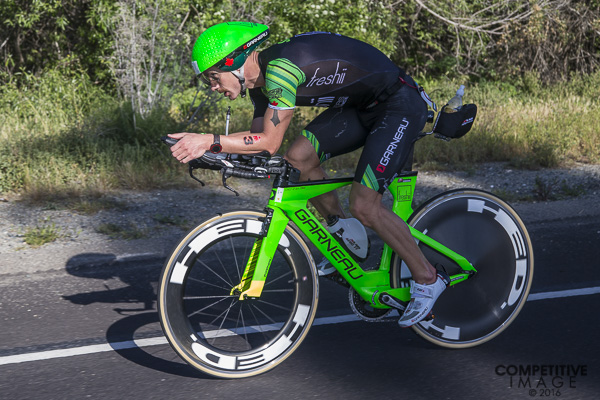
Lionel Sanders (CAN)
Sanders has amazing bike prowess that last year propelled him to a 14th-place finish in his first Kona race and a sub-8-hour win in Arizona. In order to do better in Kona, he needs to improve his swim, which left him with a gap of more than 10 minutes to the front and in last place at the start of the bike, forcing him to play catch-up all day. If he can limit the time loss after the swim, a top-10 finish is definitely in the cards for him.
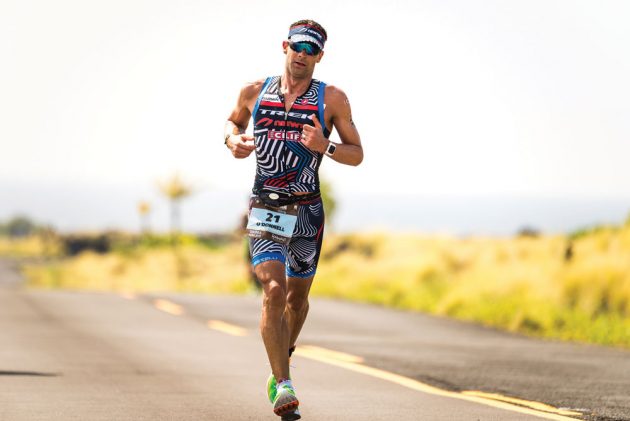
Tim O’Donnell (USA)
O’Donnell had a breakthrough race last year to earn his first Kona podium spot. He rode away from the field in Hawi, allowing him to build a gap to most of the stronger runners, and only Frodeno and Andreas Raelert (GER) finished in front of him. This result gave him the confidence that he is capable of winning in Kona, and this year he’ll again do his best to drive the bike pace and hold position on the run. He struggled in the cold and rain in this summer’s Ironman in Frankfurt, but the Kona conditions suit him well. A strong run could easily see him finish on the podium again.
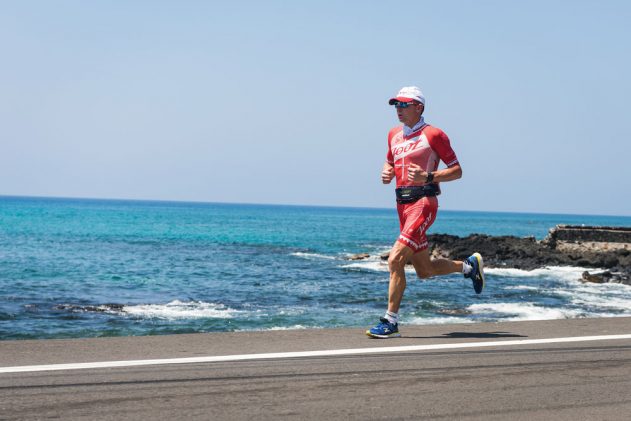
Ben Hoffman (USA)
After Hoffman’s second place in Kona 2014, a 27th-place finish in 2015 was a disappointment. He was in a good standing until the half-marathon mark but then faded with stomach troubles. A win in the strong regional championship field in South Africa showed that he is in excellent form. When Hoffman is running well, there are very few faster athletes. If he can run a marathon close to his 2:51 from 2014, he’ll be a very strong podium contender.
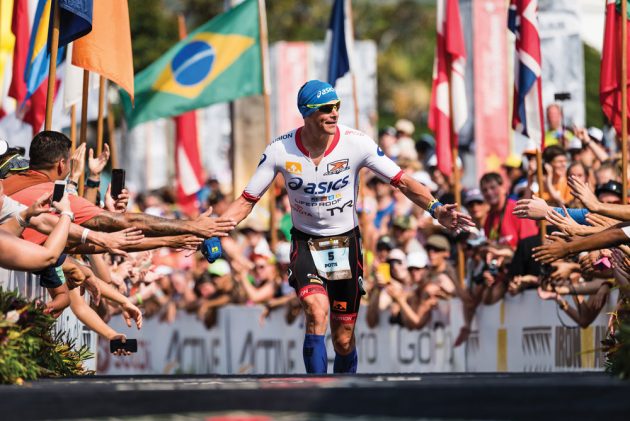
Andy Potts (USA)
Potts’ Kona strategy is to drive the pace in the swim, hammer hard on the bike to minimize any time loss to the super bikers, and, as one of the stronger runners in the sport, start the marathon in podium striking range. In 2014 and 2015 he executed a smart bike and run, allowing him to finish in fourth place on both occasions. In order to go for a Kona win, though, he needs to go big on the bike without compromising his signature run speed. At 39, Potts, who recently captured the Ironman Canada title, is proving that veteran Ironman racers can hang with the young guns.
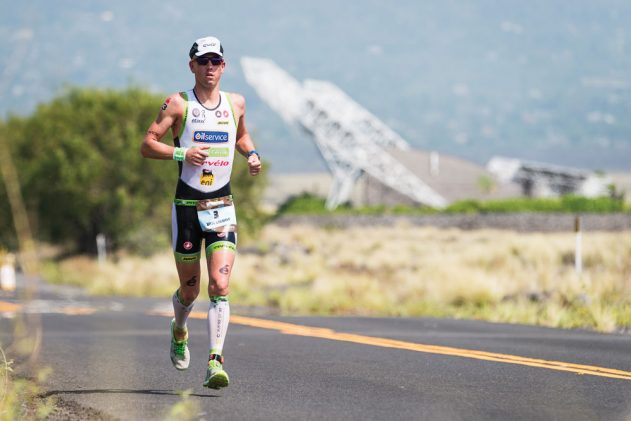
Frederik Van Lierde (BEL)
Van Lierde won the Ironman World Championship title in 2013 but has struggled in Kona since. However, he is still one of the most solid long-distance triathletes and always on the list as a contender. Last year he had a heavy race schedule (regional championships in South Africa and Frankfurt before Kona), but this year he went back to his successful 2013 plan of only doing Ironman France. A bike crash left him with a broken clavicle, but he still finished fourth in Nice. He’ll be more rested this year and knows what it takes to end the day on the top podium spot.
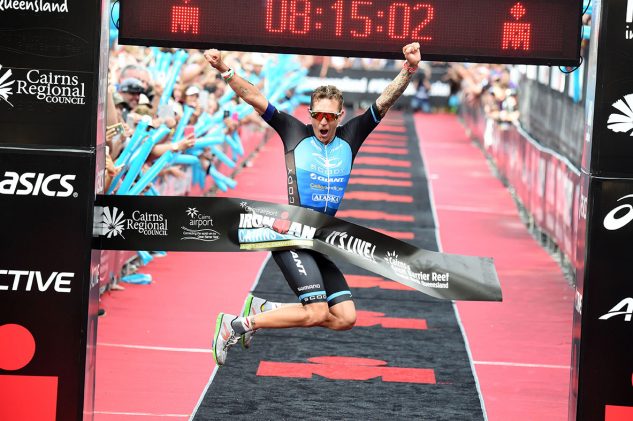
Tim Van Berkel (AUS)
Last year’s Ironman World Championship was a bit of a disaster for Van Berkel, as his 36th-place finish saw him walk most of the marathon, barely beating his bike time. In his 2016 races he was a much stronger competitor—a second place in South Africa was followed by a win at Ironman Cairns with the fastest run split. If Van Berkel can stay with the front bike group as he did on the way to his seventh-place finish in 2014 and still have a solid run, he should be able to finish in the top 10.
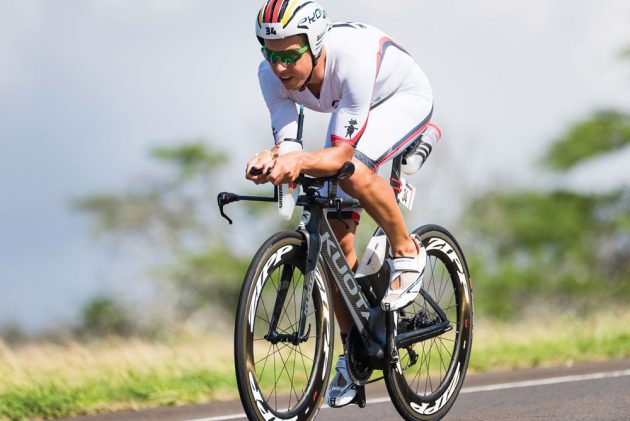
Andi Böcherer (GER)
After a serious bike crash Böcherer struggled for a few seasons to regain his form, but in this year’s Ironman European Championship he pushed Kienle to a new marathon PR and took second place only a minute back. He improved his own marathon best by more than 11 minutes, showing that he no longer has to rely on a strong bike to place well. Böcherer’s best finish at the world championship is eighth place (2011)—on a good day in Kona and with a smart race plan he could end up on the podium.
zdroj: www.triathlon.competitor.com

